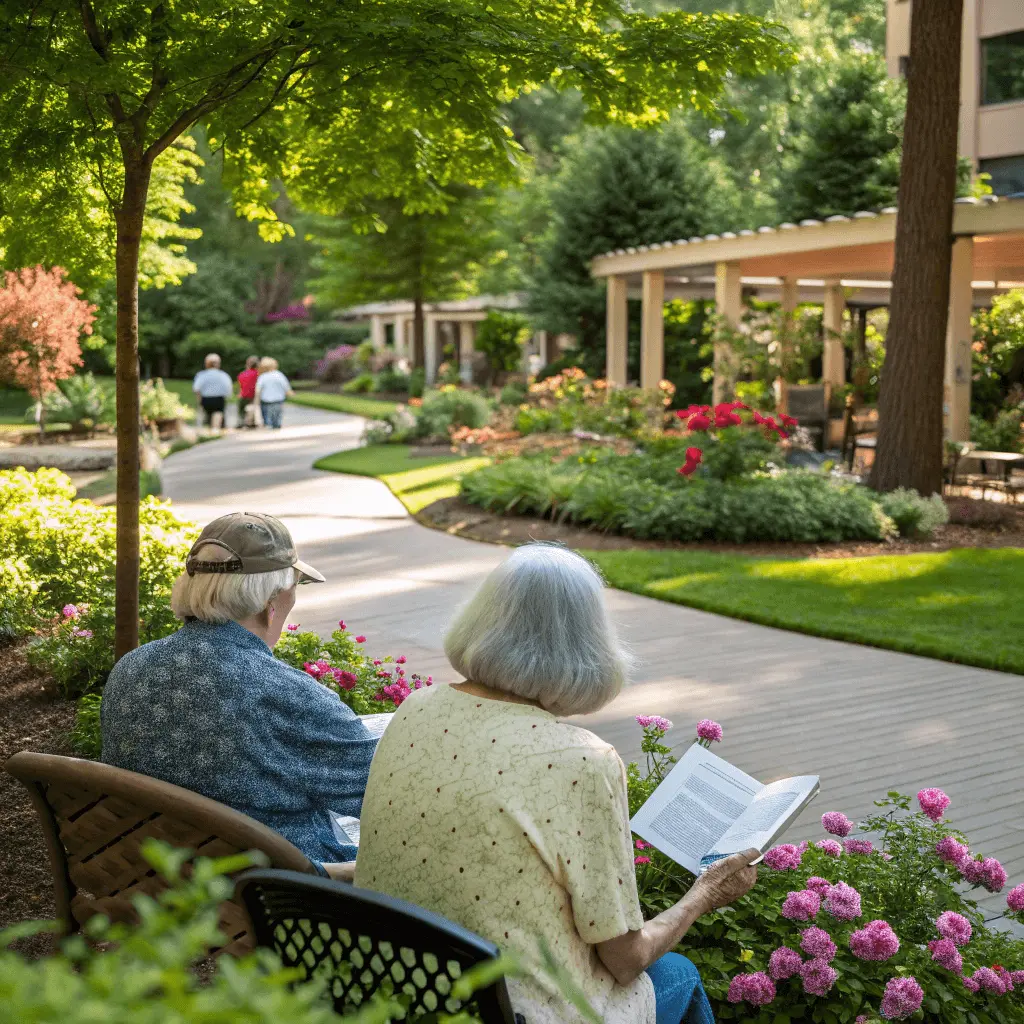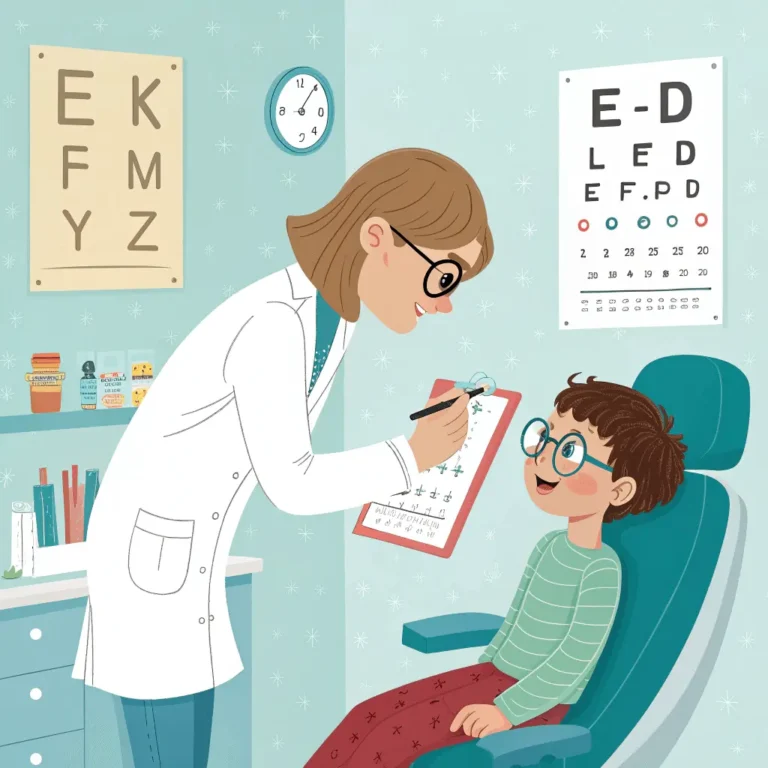
When a senior can no longer live alone, families have an essential decision to make. They must find a community that meets the needs of this individual. A family may question whether assisted living is the right move. What should they know when making this decision?
Every person is unique, and what works for one person might not be appropriate for another. Individuals who struggle with activities of daily living often benefit from assisted living care. They receive the support they need while leading an independent life. Furthermore, they no longer have to worry about household maintenance and other chores. They can live a stress-free lifestyle and engage in their favorite activities, knowing that different tasks are being handled.
Who Benefits From Assisted Living?
Individuals may question whether assisted living is the right choice for their needs. Anyone with a chronic condition or mobility challenges may find they benefit from this care and support. Men and women who are struggling to manage their health independently or need assistance with grooming tasks or mealtime might find assisted living is the answer for them. Assisted living communities provide residents with personalized care plans to ensure their specific needs are met.
Safety Concerns
Seniors often worry about falling and having nobody there to assist them. Falls are only one type of accident a senior may experience. Poor mobility can contribute to these accidents, as can memory loss. Moving to an assisted living community ensures there is always somebody around to help if a senior does have an accident. Furthermore, these communities are designed to reduce the risk of accidents and incorporate safety features such as emergency response systems and handrails to achieve this goal.
Activities of Daily Living
Men and women who move to an assisted living community receive help with activities of daily living. Staff members are available to assist with dressing, personal hygiene, and other grooming tasks. They may help a resident eat or manage their medication. The personalized care plan addresses the specific needs of the individual to ensure these activities are completed as needed.
Socialization
Seniors who live alone are at higher risk of isolation, depression, and loneliness. Moving to an assisted living community eliminates these concerns, as residents always have companionship when they want it. Common areas allow residents to gather and interact, and each resident has their own private space when they feel they need some privacy. The individual can determine the right balance between socialization and privacy based on their unique desires.
Family Support
When a family member must begin caring for a loved one, the relationship dynamics change. This can put a strain on the relationship over time. Furthermore, many caregivers are physically and emotionally exhausted as they try to care for their aging relatives and their own families. This exhaustion can lead to burnout, health issues, and other problems for the caregiver. A move to assisted living restores the normal relationship dynamics. It allows the caregiver to return to the role of supporting their loved one without being responsible for overseeing their daily activities of living.
Any senior who is having trouble managing daily tasks should consider a move to assisted living. The same holds for those who have health concerns, are isolated from their peers, or are worried about their safety and security. The move to an assisted living community will resolve these concerns and allow them to have the highest quality of life.





